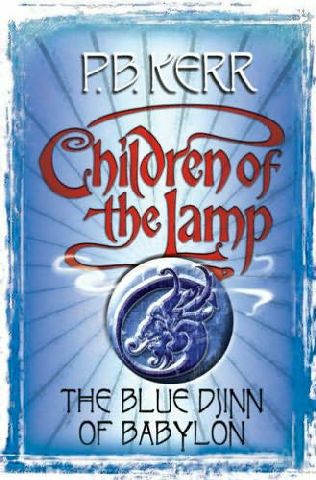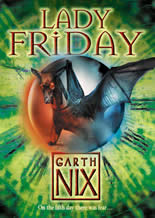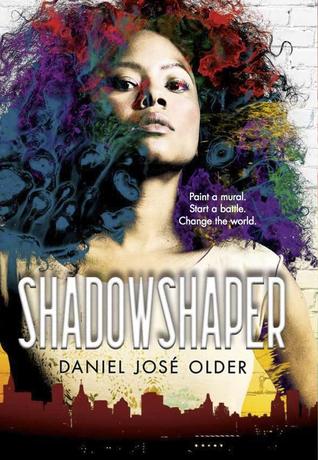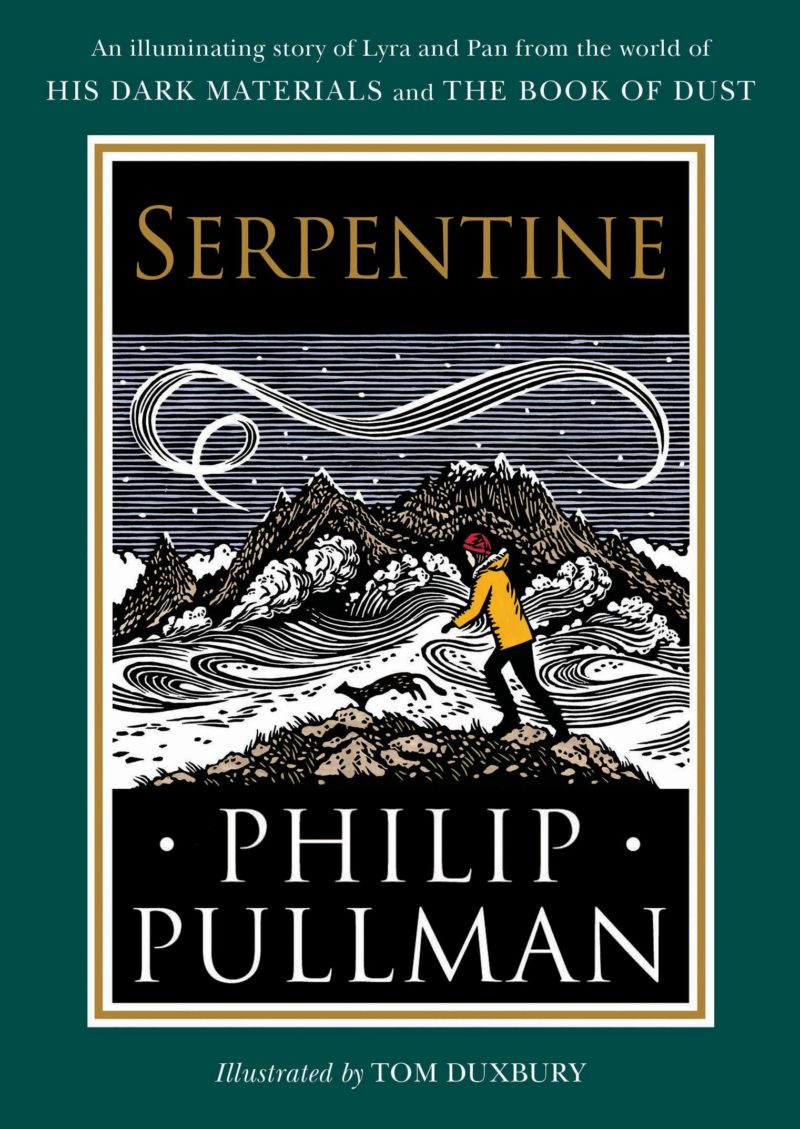John and Philippa Gaunt are not just a couple of filthy-rich, twelve-year-old twins. They are also Djinn — beings who can live hundreds of years, who are made of a subtle kind of fire, and who have power to grant wishes and to effect the luck of the world. Like Harry Potter, they can do amazing things. Unlike Harry, each of them only needs to remember one magic word (Philippas focus word is particularly addictive: FABULONGOSHOOMARVELISHLYWONDERPIPICAL! Can you say that five times fast?)
Unlike her brother, Philippa takes an interest in a Djinn dice game called Djinnverso. (The book actually contains rules for the game, which might rescue eight-sided dice from being eternally associated with Dungeons and Dragons.) Philippa joins in a big Djinnverso tournament, but when she is framed for cheating, her promising career as a Djinnverso player is cut cruelly short. She hopes to redeem herself by recovering a valuable book that was stolen from the Blue Djinn of Babylon the hard-hearted, female judge who arbitrates disputes between good and evil Djinn, by virtue of being beyond good and evil. But this escapade turns out to be a trap. The Blue Djinn herself was behind it, with her plans to install Philippa as her successor in a terrible underground palace whose very air is slowly sucking the goodness out of Philippas character.
No one has a chance of saving Philippa from this fate no one except John. Because he is her twin, John might be able to sneak past the Blue Djinns defenses. But for him, this means a long and dangerous journey across the lawless desert of Iraq, through a series of ancient and nerve-shattering challenges, and into the clutches of not one, but two horrible monsters who haunt the underground world where the Blue Djinn holds court. Can John save his sister before she forgets who she is? Ooooh, wouldnt you like to know?
Once again, I owe it to the vigilant parents out there to issue an occult content advisory. The Djinn magic in this series involves some spiritual forces. Angels and demons may come into play. Explanations of Djinn lore, drawn apparently from the Arabian Nights, includes distorted versions of stories from the Judeo-Christian and Muslim traditions. (For example, King Solomon is depicted as a sorcerer who wrote a Grimoire explaining how to bind Djinn.) Also, the book takes liberties with historical and biblical characters; for example, it claims that King Nebuchadnezzar of Babylon conquered King Solomon, though in fact they lived several centuries apart. And finally, the concept of a character existing beyond good and evil may be very disturbing or perplexing to many peoples religious views. Parents, I advise you to take the time to read this book and decide for yourself whether it is harmless fantasy, or something inappropriate for your kids.
This is P.B. Kerrs second novel for children, though adult novelist Philip Kerr (of the Berlin Noir trilogy, etc.) is the same person. I, for one, have enjoyed this series, and I am interested in seeing what happens next to the Gaunt twins.




